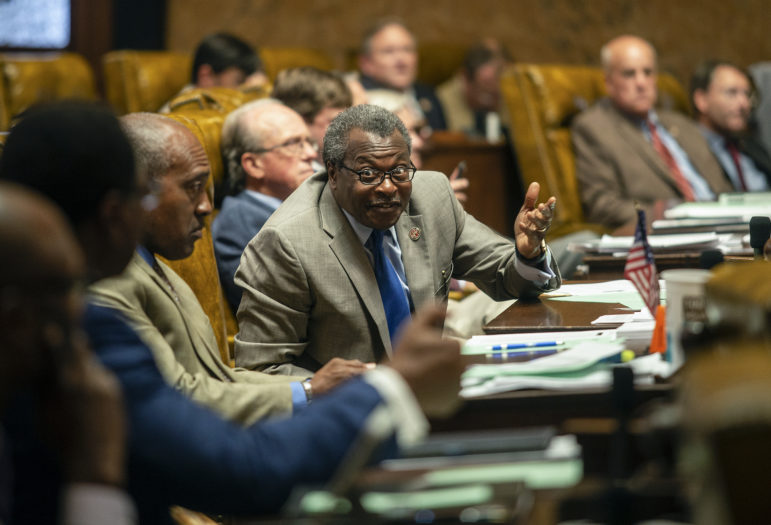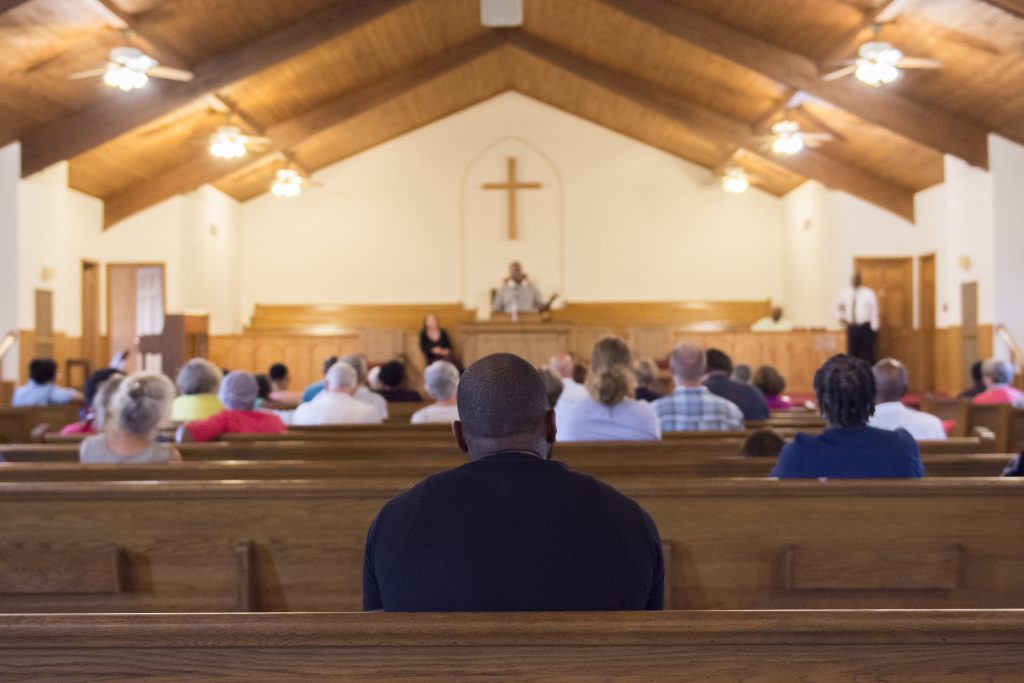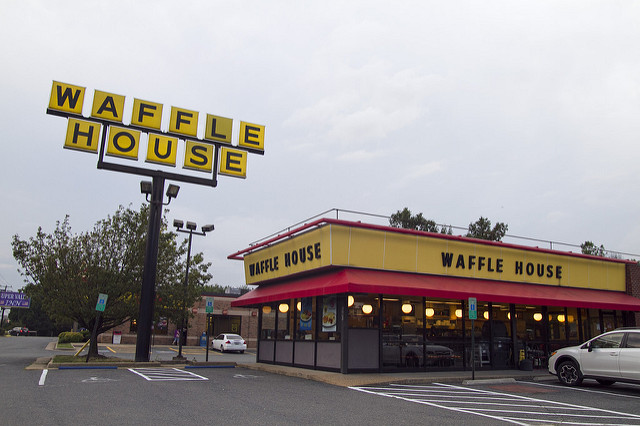
Just hours after the House stunned the Capitol on Monday night by rejecting Gov. Phil Bryant’s special session lottery proposal, at least six state representatives sat around a big table at Caet, a wine bar and restaurant in Jackson’s Fondren neighborhood.
Earlier in the evening, the lottery legislation had gone down in flames in part because Democrats wanted more of the proceeds to go towards education.
The legislators – both Republicans and Democrats – at Caet were among the 60 House members who had rejected the lottery proposal earlier that evening, jeopardizing Bryant’s plan that offered a lottery as a key piece of his $200 million special session for road and bridge funding.
The objective of the Jackson restaurant meeting was for governor’s staff to flip some of Monday’s no votes to the yes column.
Several lawmakers described the scene to Mississippi Today, but declined to speak on the record because they did not want to draw the ire of their colleagues or the governor’s office. One at a time, representatives at the restaurant left their big table and moved to a smaller table in the restaurant to sit with Whitney Lipscomb, an attorney on Bryant’s staff and a main author of the lottery bill, who answered questions and addressed concerns they had about the bill.
A main topic of those one-on-one conversations, according to lawmakers who were approached by the governor’s staff on Monday and Tuesday, was the pot of about $100 million in BP settlement money that is expected to be set aside for specific, earmarked projects.
Representatives of the governor’s office said the subject of the meeting was the lottery bill not BP funding.
“The role of Gov. Bryant’s policy staff is to answer any questions lawmakers have about a particular issue or piece of legislation, especially one as complex and groundbreaking as Senate Bill 2001,” said Bryant spokesman Clay Chandler. “Whitney Lipscomb was fulfilling that responsibility well yesterday, as she has numerous times before.”
Bryant announced at the beginning of the special session that splitting up the BP funds — the settlement the state received from the 2010 oil spill that devastated the Gulf Coast — would be considered during the special session, but not until the other aspects of the transportation proposal were passed.
Indeed, several House members told Mississippi Today it was made clear after Monday’s vote that before the possible earmarks from the BP funding could be placed on the table, a lottery had to pass.
It eventually did Tuesday, as eight total representatives flipped their no vote from Monday to a yes vote. Of those, five were Republicans and three were Democrats. At least two of those eight representatives were at Caet with Lipscomb on Monday night.
The scene at Caet provides rare insight into the mechanics of legislating in Jackson: If a bill fails, legislative procedures typically keep the bill alive for some time. As the bill hangs in the balance, lobbyists representing major international corporations and political staffers who have direct influence over the state’s purse strings can plead their cases.
Bryant’s efforts to revive the lottery bill are extraordinary given that he and fellow Republican leaders previously staunchly opposed the games.
Nonetheless, Lipscomb’s efforts succeeded, and by 1 p.m. on Tuesday, staffers inside the governor’s office were celebrating and deciding how to add the BP settlement item to the special session.
Since the Senate passed the proposal on Monday, the bill now moves to the governor’s desk for signature. Leaders said this week they expect the game will be “up and running” in about two years.
Various members who voted for the controversial proposal did so because they said their constituents wanted it and because a large number of Mississippians were traveling to surrounding states to purchase lottery tickets.
“I live in a border county to Tennessee,” said Rep. Bubba Carpenter, R-Burnsville. “I feel like a lot of our Mississippi money is going (out of state). We are losing not only money from lottery tickets, but also sales tax when they purchase gas, beer or whatever when buying a lottery ticket.”
Carpenter said he had a few to ask him to vote no, but “beaucoup of my people asked me to vote for it.”
The state will create a quasi-government agency called the Mississippi Lottery Corp. that will be run by a five-member board of governor’s appointees. Those appointees would select a president of the corporation, subject to the governor’s veto, and they would hire a private company to oversee the implementation of the game.
Lawmakers said the proposal would generate $80 million per year in revenue – a majority of which would be earmarked for state road and bridge repairs. Leaders tweaked the conference report, sending any revenue in excess of $80 million to the Education Enhancement Fund. After 10 years, the lottery revenue would flow directly into the state’s General Fund.
Even though Republicans hold a three-fifths supermajority in the House, the governor always had needed Democrats to pass the lottery proposal because of the significant moral opposition to the lottery amongst Republicans.
After the House rejected the bill on Monday night, Bryant was pointedly critical of Democrats who vote to oppose it. But by Tuesday, Bryant’s office had convinced enough Democrats and Republicans to pass the bill.
“I wasn’t going to jeopardize our funding on roads, something so important,” said Rep. Doug McLeod, R-Lucedale. “Seven out of 10 in my district want a lottery anyway. I’m not generally opposed to a lottery, I didn’t like the process of some of the stuff in the bill.”
Rep. Greg Holloway, D-Hazlehurst, changed from no on Monday to yes on Tuesday “because my questions and concerns have been addressed.” He said he met with House members who supported the lottery who told him the various items the education money could be used for, but not the governor’s office.














